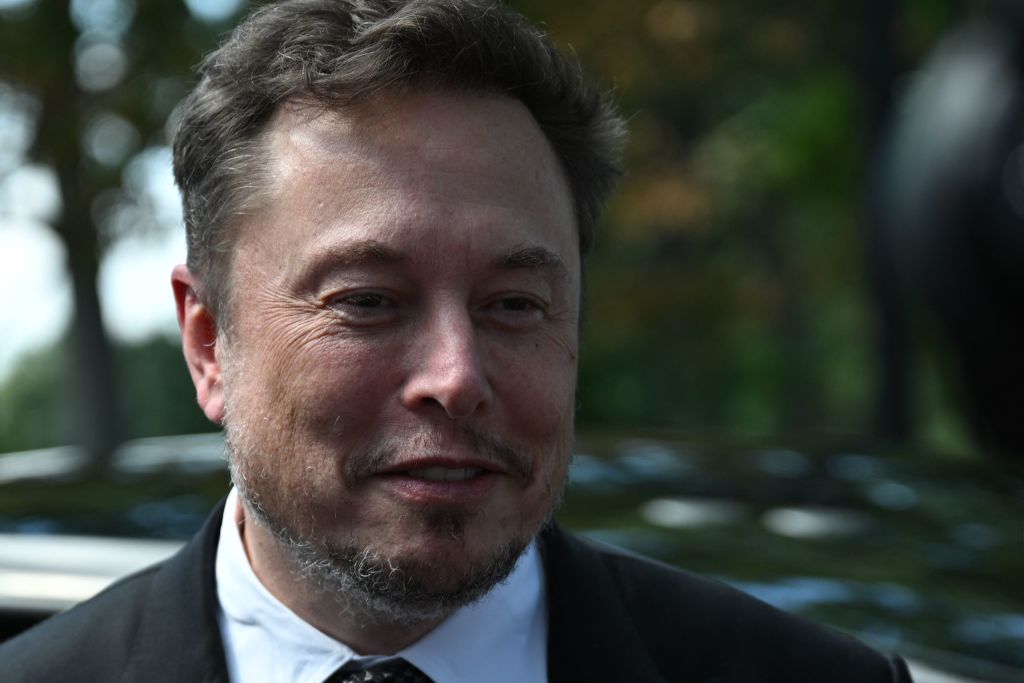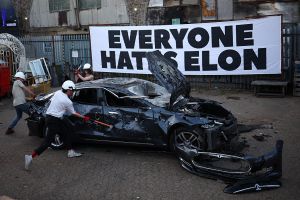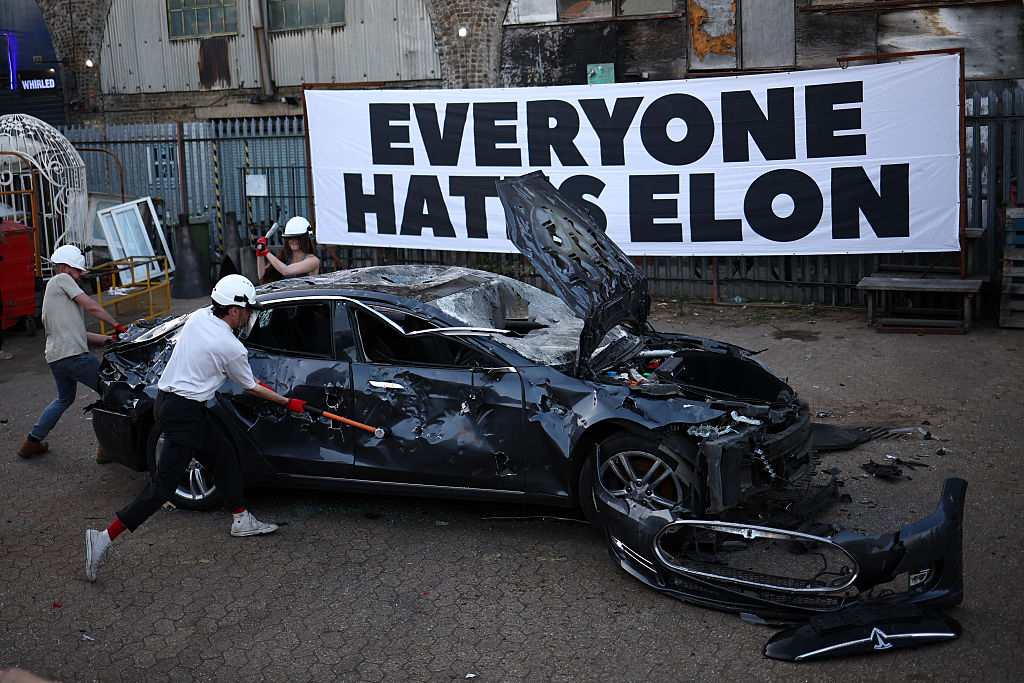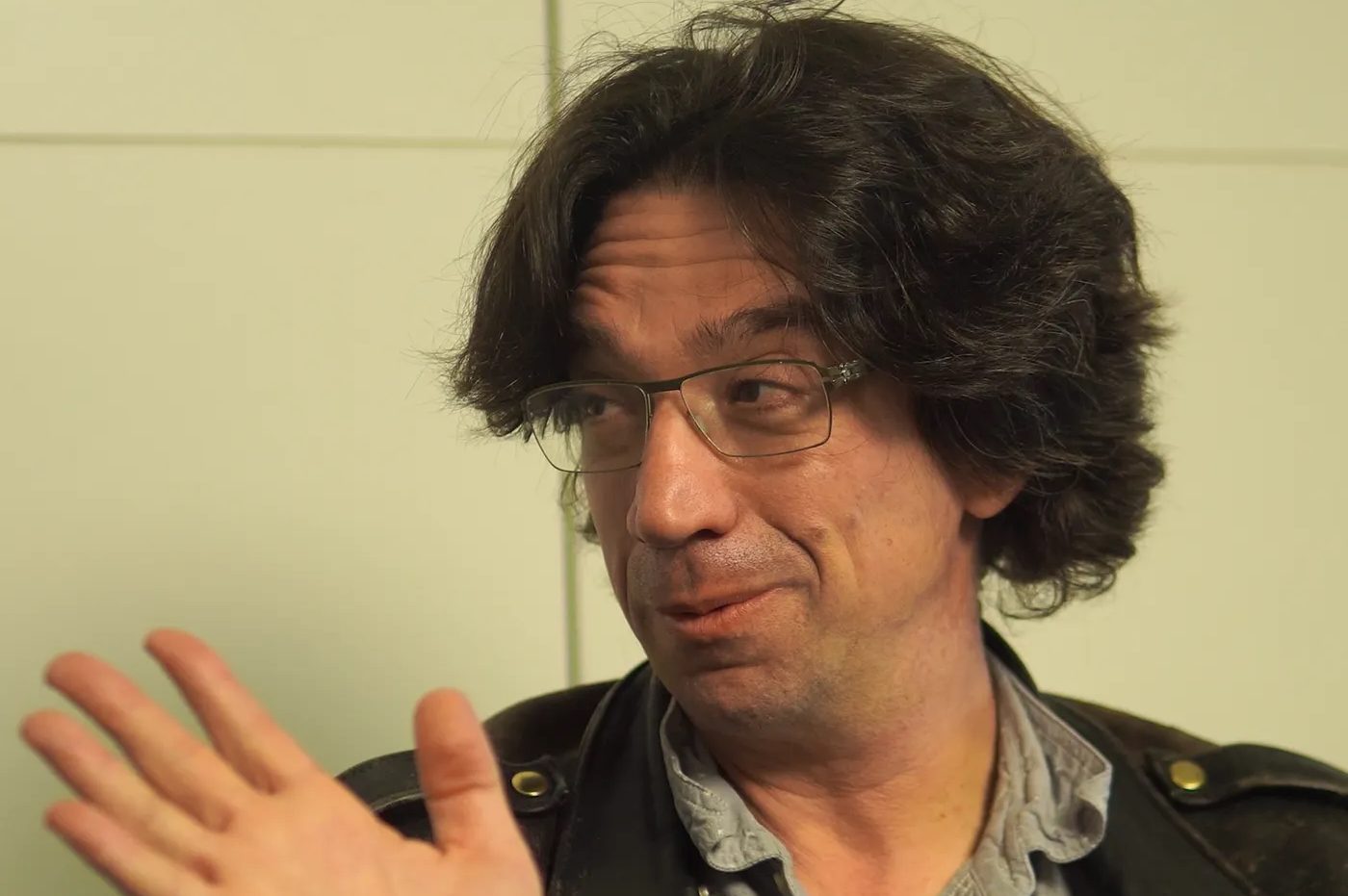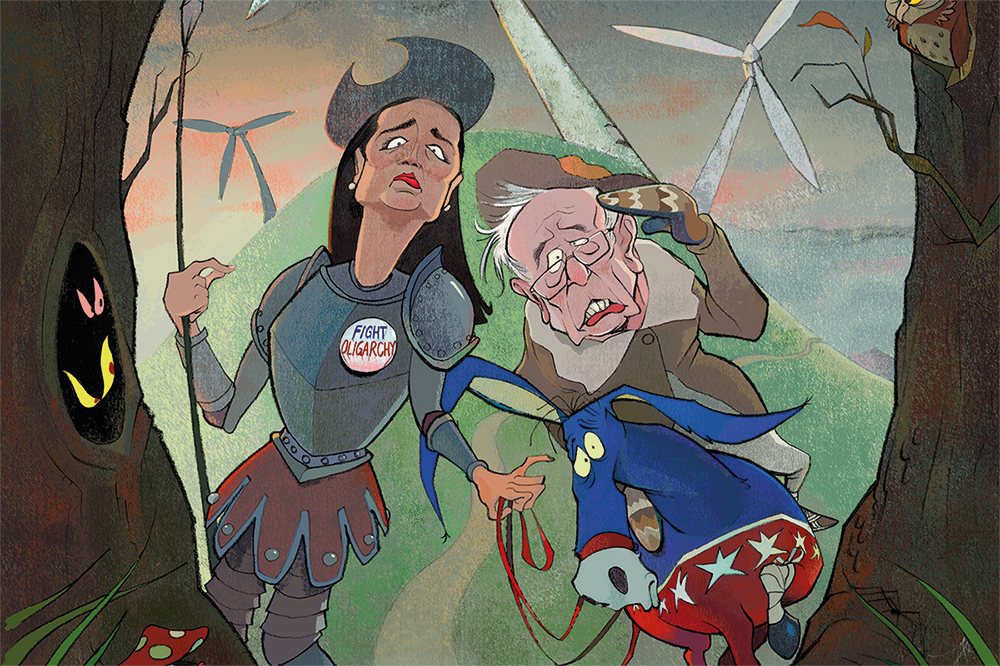In the prologue to his biography of Elon Musk, Walter Isaacson evokes the Hero’s Journey in its most pop-culture incarnation:
It’s one of the most resonant tropes in mythology. To what extent does the epic quest of the Star Wars hero require exorcising demons bequeathed by Darth Vader and wrestling with the dark side of the Force?
Isaacson’s assumption is that Luke Skywalker is the hero of the original film A New Hope. His preamble is titled “Muse of Fire,” a reference to the most famous prologue in literature, the opening lines of Henry V. In Shakespeare’s play, the poet, recognizing the gargantuan feat before him, asks the Muse for help:
O, for a muse of fire that would ascend
The brightest heaven of invention!
A kingdom for a stage, princes to act,
And monarchs to behold the swelling scene!
The implication is clear: Elon Musk is a latter-day Henry. That conquering king was once a wastrel known as Hal who spent his time in brothels with professional sots, cowards and crooks.
Of course, Hal manages to pull himself together and conquer France. Shakespeare, slyly conspiratorial, insinuates that Henry’s entire campaign is merely a psyop — the Bishop of Canterbury is merely trying to find a way to distract the boy-king of Britain so a bill to seize church revenue can be postponed.
And so, Isaacson provides two mythic figures — one fictional, one historical — to frame Musk, that computer-programming, car-manufacturing, space-exploring, edgelording technocrat and, depending which day you Google him, Richest Man in the World.
In order to write meaningfully about his subject, a biographer must have a theory of character, and Isaacson’s is instantly familiar: the traumas experienced by the great man in childhood will be played out in his adult life at scale. The first thirty pages of Elon Musk recount how its subject was badly bullied and beaten at school (so severely that he was still getting corrective surgeries well into adulthood), how he was tormented by his domineering father and sent away to a paramilitary camp.
The reader is meant to nod knowingly, processing Musk’s various victories and failures through this Freud-colored lens. Many of these moments will be all-too-familiar as they’ve been the subject of countless thinkpieces. They’ve also been recounted by Ashlee Vance in her 2015 biography of Musk, a richer and more rewarding portrait.
The best chapters in Isaacson’s biography come toward the book’s end: they recount last year’s Twitter takeover, during which time Isaacson was embedded with the mercurial Musk. Here, we learn that what seemed like a sudden coup actually began years ago with Musk buying up shares of Twitter on the sly, though, admittedly, this makes for a far less sensational scene than Elon walking into Twitter HQ holding a bathroom sink.
A great biography allows the reader to see its subject, to fix him in an imaginative frame, and despite providing a play-by-play of how Twitter was X’ed, Isaacson’s biography fails to conjure a clear vision of Elon. Isaacson, so adept at chronicling the dead men of history, turns his lens on a man who is alive, still becoming whatever he will become. Perhaps, the meaning of Elon Musk’s life simply isn’t clear because his it’s not yet finished.
And Isaacson is frustrated by another X factor: specifically, that of Gen X. While his other subjects were Founding Fathers, or physicists, or boomers (like Isaacson), Musk is a Gen-Xer (like yours truly) — and here the writer fumbles and fails to fully grasp him.
Which might not matter much, if Isaacson didn’t misread the very fiction he uses to frame his tale: as I mentioned, he starts his profile talking about Luke Skywalker’s epic quest. An important — and at times, unfortunate — fact of storytelling is that the character who changes the most will become that story’s hero. In A New Hope, Luke Skywalker starts out as a callow youth, and he is still youthfully callow when the Death Star goes boom. Han Solo is the actual hero of that story, a swaggering rascal who changes his mind, sets his cynicism aside and doubles back for a friend. This, of course, allows Luke to launch those Death Star-destroying torpedoes.
And while we’re at it, is Henry V really the Shakespearean petard on which Isaacson wishes to hoist his Musk? Because I have a much different model in mind: a father-haunted Dane of infinite jest, whose pretend madness becomes all too real, ensnaring the whole house of Elsinore — himself included — and pulling it into oblivion.



